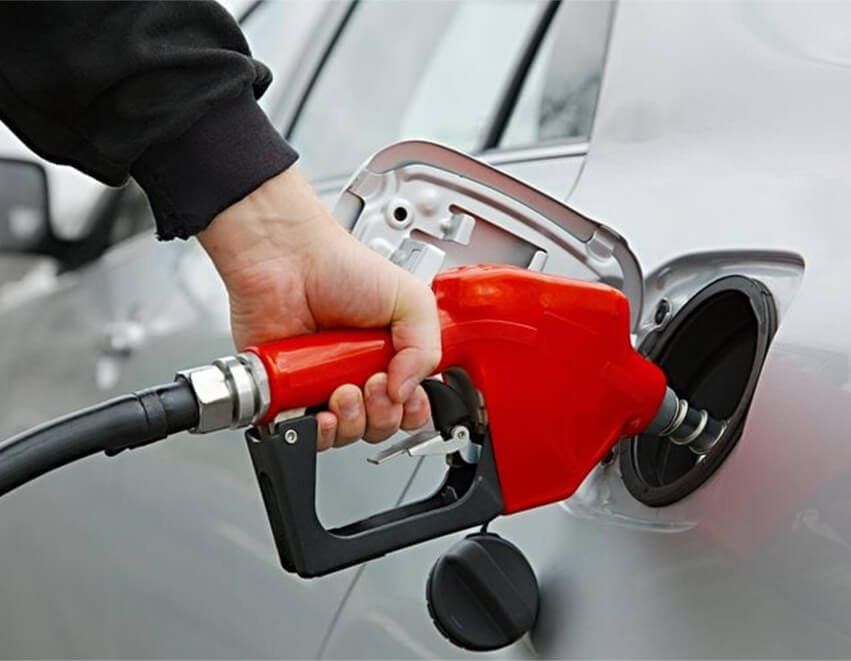Discover the vital importance of diesel fuel filtration in ensuring the longevity and performance of your engine. Effective filtration not only prevents damage but also ensures smooth operation, ultimately safeguarding your valuable diesel investment.
Diesel certainly comes with plenty of benefits – incredible fuel economy, monster towing capacity, and longevity that gasoline pickups can only dream of. But that reliable diesel power demands proper maintenance to keep your oil burner purring. One critical area that’s easy to overlook: Fuel filtration.
Sure, swapping out those filter cartridges is just another periodic expense. But skipping it can lead to costly repairs and downtime that’ll make you wish you’d just followed the maintenance schedule.
Here’s why diesel fuel filtration shouldn’t be an afterthought:
Unlike gasoline, diesel fuel is a lot dirtier and more contaminated from the refining process alone. Wax, water, rust, and all kinds of metal and fiber gunk can get through those tiny injector holes and wreak havoc. Not what you want circulating through an expensive high-pressure fuel pump and injector system.
Some components might not have any throttle body or intake valves to act as a filter like gas engines. So, all the bad stuff ends up concentrated in the fuel tank, just waiting to get sucked into those components and cause major damage through abrasive wear or clogs. Installing high-quality fuel filters keeps the impurities from reaching sensitive injection system parts.
A plugged or overworked fuel filter can’t trap contaminants properly, allowing debris to slide through. Pretty soon, you’ll notice diesel performance issues like rough idling, losses in power and acceleration, or big mileage drops. In worst cases, pieces can jam the injectors entirely and leave you dead on the road or trail.
Ever put a handful of gritty sand through your kitchen blender? Imagine doing that every day for years – that’s basically what happens inside an unfiltered diesel fuel system. All those tiny holes and clearances take a beating. Replacing filters on time is critical preventative maintenance.
Modern diesels use “common rail” fuel systems that demand immaculate filtering to protect their components. Ultrafine tolerances and higher pressures of up to 30,000 PSI mean any contaminants can quickly destroy pricey components like high-pressure pumps and injectors.
Luckily, diesel filters are engineered for intense filtration, often using materials like fiberglass or plastic to capture particles down to 3-5 microns in size. Many diesels even use a two-stage filtering setup – a primary filter for coarse debris, and a secondary one for even finer filtering closer to the engine.
Quality name-brand diesel filters, installed strictly on schedule – it’s the easiest, cheapest insurance policy for your diesel truck’s hard-working fuel system. Neglect them and prepare for a world of rough running, poor mileage, and potentially catastrophic repairs.
So, wise up and keep those filters fresh! Contact Aocheng Group today and get the best product for your diesel fuel filtration needs. Avoid shortcuts and you’ll enjoy years of problem-free performance.




